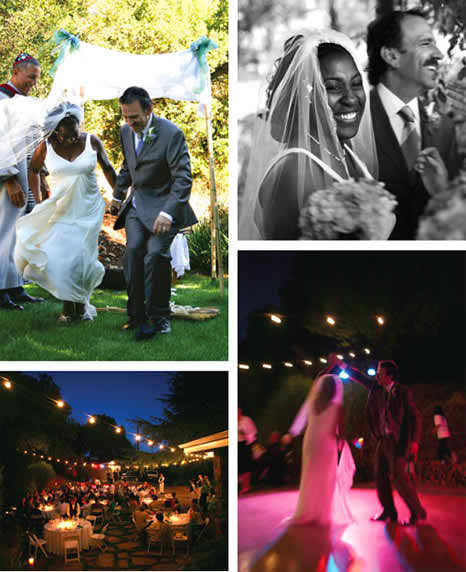We offered you a mini list of different wedding rituals that you can encounter worldwide and we sure think you found them interesting. Also, let’s add that these are really interesting, because we have to admit that they can’t be compared to anything that you do in your culture.
Here’s how we continue with some other details and rituals that concern different traditions and we’re certain that you’re going to find them pretty useful; maybe you’re going to adapt some of these if you want to feel closer to that culture….
It’s not known for sure where this tradition comes from, the majority of the researches show that their origins are somewhere in the African continent. Initially, this ritual has been conceived fro the slaves, because they needn’t be officially married.
<-336x280 Large Rectangle - center->
Jumping over the broom symbolizes a new beginning and leaving your past behind. It’s a tradition with a beautiful significance and it’s fun in the same time.
This ceremony is a very important tradition for the Chinese people, because it’s a symbol of respect for the family and the union between the two families. Both of the families are invited to the home of the new couple for being served with tea. But they have to respect the order in which they serve the tea.
So, the bride and the groom serve the tea starting with the parents of the groom, the uncles, the aunts and the grandfathers and grandmothers, in case in which they are all present. After this tea party, the couple offers to each one of the parents a red envelope which is filled with money or jewelry.
“Hava Nagila” is another ritual and this time we’re speaking about a Jewish ritual which is in fact a circle of people around the bride and groom which are tight to the chair and the guests lift them in the air and dance with them on the dance that has the same name.
A lot of Jewish people have the impression that this tradition comes from old times in which the queen and king were carried in town on their chairs as well. This being believed, why shouldn’t you feel in the same way in the big day?
So, as you can observe we offered to you some other interesting details that concern rituals in weddings. These tell many things about a culture, how they’re meant to unite people involved in the ceremony and so on….
We would like you to share with us some other rituals. For instance, what it’s usually done in your culture before a wedding? What are the traditions and rituals? We’re looking forward for seeing this….




